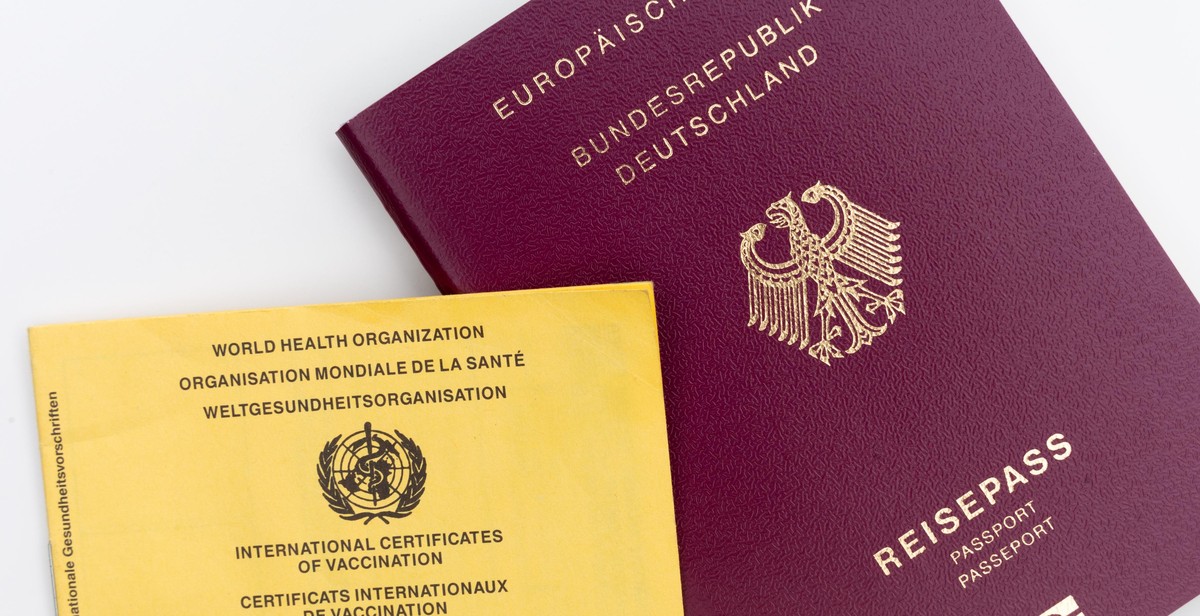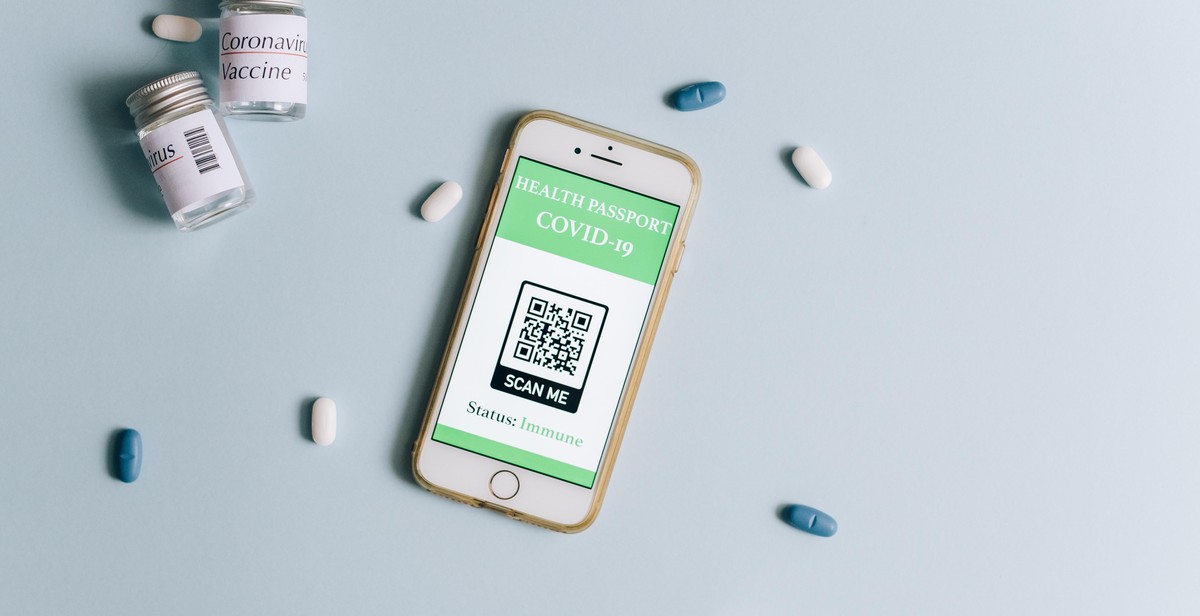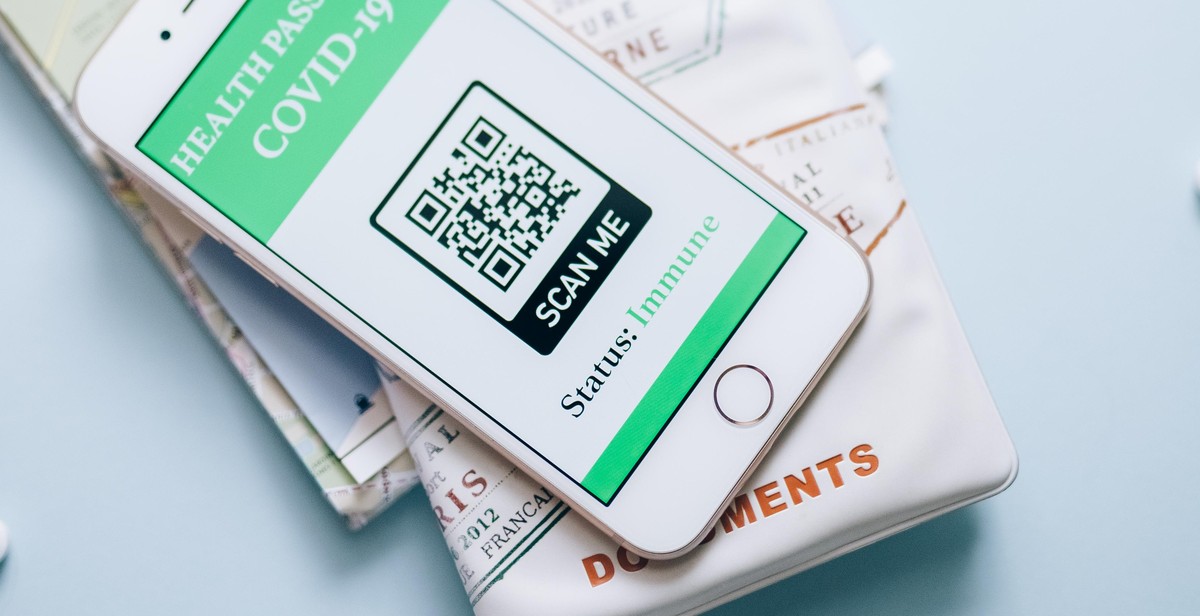How to Implement Vaccine Passport Systems: Strategies for Verification and Privacy
Vaccine passports have been a topic of discussion since the beginning of the pandemic. With the rollout of vaccines worldwide, governments and businesses are considering implementing vaccine passport systems to allow for safe travel and access to public spaces. However, the implementation of these systems raises concerns about privacy and verification.
The Need for Vaccine Passport Systems
Vaccine passport systems can play a critical role in reopening economies and restoring normalcy. They can help prevent the spread of COVID-19 by verifying an individual’s vaccination status and allowing them access to public spaces without the risk of spreading the virus. For example, a vaccine passport may be required for travel, attending events, or entering certain businesses.
Verification and Privacy Concerns
One of the main concerns surrounding vaccine passport systems is the verification process. It is essential to ensure that the system is secure and cannot be easily manipulated. Additionally, privacy concerns arise as personal health information is involved. It is crucial to implement a system that protects individuals’ privacy and does not compromise their personal information.
Strategies for Implementation
Implementing a vaccine passport system requires careful planning and consideration. Strategies for implementation should focus on ensuring the security and privacy of the system. This includes using secure technology and encryption methods, limiting access to personal information, and allowing individuals to opt-out of the system if they choose.
- Use secure technology and encryption methods
- Limit access to personal information
- Allow individuals to opt-out of the system
By implementing these strategies, vaccine passport systems can be secure and protect individuals’ privacy while allowing for safe travel and access to public spaces.

What are Vaccine Passport Systems?
Vaccine passport systems are digital or physical documents that provide proof of an individual’s vaccination status. These systems are designed to help verify whether an individual has received a vaccine against a particular disease or not. The purpose of a vaccine passport system is to allow individuals to travel, attend events, or access certain services without having to quarantine or undergo additional testing.
Definition and Purpose
Vaccine passport systems are becoming increasingly important as countries around the world reopen their borders and resume international travel. The World Health Organization (WHO) defines a vaccine passport as a “document that proves an individual has been vaccinated against a specific disease”. The purpose of a vaccine passport is to help prevent the spread of infectious diseases by allowing individuals who have been vaccinated to travel or attend events without risking infection or spreading the disease to others.
Types of Vaccine Passport Systems
There are two main types of vaccine passport systems:
- Digital Vaccine Passport Systems: These systems are digital documents that can be accessed through a smartphone app or website. Digital vaccine passports typically contain a QR code that can be scanned to verify an individual’s vaccination status. Some countries, such as Israel and Denmark, have already implemented digital vaccine passport systems.
- Physical Vaccine Passport Systems: These systems are physical documents, such as a paper certificate, that provide proof of an individual’s vaccination status. Physical vaccine passports are typically issued by healthcare providers or government agencies and can be presented at border checkpoints or event venues.
Both digital and physical vaccine passport systems have their advantages and disadvantages. Digital systems are more convenient and can be easily accessed through a smartphone app, but they may not be accessible to individuals who do not have a smartphone or reliable internet access. Physical systems, on the other hand, are more accessible but can be easily lost or damaged.
| Criteria | Digital Vaccine Passport Systems | Physical Vaccine Passport Systems |
|---|---|---|
| Accessibility | May not be accessible to individuals without a smartphone or reliable internet access | More accessible but can be easily lost or damaged |
| Convenience | More convenient and can be easily accessed through a smartphone app | Less convenient and may require physical storage or transportation |
| Security | More secure and less prone to fraud or forgery | Less secure and more prone to fraud or forgery |

Strategies for Verification
Implementing a vaccine passport system requires careful planning to ensure that the system is secure and reliable. Verification is a critical component of the process, as it ensures that only authorized individuals have access to the information contained within the passport. There are several strategies that can be used to verify the authenticity of a vaccine passport, including:
Authentication Methods
One of the most important strategies for verifying vaccine passports is to use robust authentication methods. This can include biometric data, such as fingerprints or facial recognition, as well as password-protected access. By using multiple layers of authentication, it is possible to ensure that only authorized individuals are able to access the information contained within the passport.
Data Storage
The way in which data is stored is also critical to the verification process. It is essential to use secure storage methods, such as encryption, to protect the information contained within the passport. This can help to prevent unauthorized access and ensure that the data remains confidential.
Data Security
Data security is another key consideration when implementing a vaccine passport system. It is important to ensure that the system is designed with security in mind, with robust security protocols in place to protect against cyber threats and other risks. This can include measures such as firewalls, intrusion detection systems, and regular security audits.
Conclusion
By implementing these strategies for verification, it is possible to create a vaccine passport system that is both secure and reliable. Whether you are a government agency, healthcare provider, or other organization, it is essential to take the time to carefully plan and implement a system that meets your specific needs and requirements.

Privacy Concerns
As with any system that collects and stores personal information, there are valid privacy concerns that need to be addressed when implementing a vaccine passport system. In order to ensure the protection of individuals’ data, the following measures should be taken:
Data Protection
The vaccine passport system must comply with data protection regulations such as the General Data Protection Regulation (GDPR) and the Health Insurance Portability and Accountability Act (HIPAA) in the United States. This means that the data collected must be processed lawfully, fairly, and transparently, with individuals’ rights to access and control their data being respected. Additionally, the data should be stored securely and only accessed by authorized personnel.
It is also important to ensure that the data collected is limited to what is necessary for the purpose of the vaccine passport system. For example, only information related to vaccination status and verification should be collected, and not additional personal information such as address or social security number.
Ethical Considerations
While a vaccine passport system can provide benefits such as increased mobility and access to certain activities, it is important to consider the potential ethical implications. Some concerns include:
- Discrimination against individuals who are unable to get vaccinated due to medical reasons or personal beliefs
- Access to the vaccine passport system being limited to those who have access to technology, potentially excluding marginalized communities
- Privacy violations if the data collected is used for purposes other than verification of vaccination status
To address these concerns, it is important to ensure that alternative options are available for individuals who are unable to get vaccinated, such as regular testing. Additionally, efforts should be made to ensure that the vaccine passport system is accessible to all individuals, regardless of their access to technology. Transparency about how the data collected will be used and protected can also help alleviate privacy concerns.
| Pros | Cons |
|---|---|
| Increased mobility and access to certain activities | Potential discrimination against individuals who are unable to get vaccinated |
| Can help control the spread of COVID-19 | Access limited to those who have access to technology |
| Verification of vaccination status can help alleviate concerns for businesses and organizations | Potential privacy violations if data collected is used for purposes other than verification |
Overall, while a vaccine passport system can provide benefits, it is important to carefully consider privacy and ethical concerns and take steps to address them in order to ensure that the system is fair, equitable, and protective of individuals’ rights.

Implementation Challenges
Implementing a vaccine passport system comes with its own set of challenges. It is important to address these challenges in order to ensure the successful implementation and adoption of the system. The challenges can be broadly classified into two categories: technical challenges and logistical challenges.
Technical Challenges
Technical challenges refer to the difficulties that may arise due to the implementation of a complex technological system. Some of the technical challenges that may be faced while implementing a vaccine passport system are:
- Integration with existing systems: The vaccine passport system needs to be integrated with existing healthcare systems, travel systems, and government databases. This can be a challenging task as these systems might be built on different platforms and use different data formats.
- Security and privacy concerns: The vaccine passport system needs to be secure and protect the privacy of individuals. This requires the implementation of robust security protocols and encryption mechanisms.
- Interoperability: The vaccine passport system needs to be interoperable with other systems in different countries. This can be a challenge as different countries may have different technical standards and regulations.
- Maintenance and updates: The vaccine passport system needs to be maintained and updated regularly to ensure it is up-to-date with the latest vaccines and regulations.
Logistical Challenges
Logistical challenges refer to the difficulties that may arise due to the implementation of a large-scale system involving multiple stakeholders. Some of the logistical challenges that may be faced while implementing a vaccine passport system are:
- Coordination with multiple stakeholders: The vaccine passport system involves multiple stakeholders such as healthcare providers, government agencies, and travel companies. Coordinating with these stakeholders can be a challenge as they may have different priorities and interests.
- User adoption: The success of the vaccine passport system depends on user adoption. Encouraging individuals to use the system can be a challenge as some may be hesitant to share their personal information.
- Education and awareness: The vaccine passport system is a new concept and requires education and awareness campaigns to ensure individuals understand the benefits and how to use the system.
- Cost: Implementing a vaccine passport system can be expensive. The cost of developing, maintaining, and updating the system needs to be taken into account.
| Technical Challenges | Logistical Challenges |
|---|---|
| Integration with existing systems | Coordination with multiple stakeholders |
| Security and privacy concerns | User adoption |
| Interoperability | Education and awareness |
| Maintenance and updates | Cost |

Conclusion
With the increasing demand for vaccine passports, it is crucial to implement effective strategies for verification and privacy. In this article, we have discussed various methods and technologies that can be used to verify vaccine passports, including QR codes, blockchain, and biometric authentication.
It is important to ensure that the verification process is secure and reliable, and that the privacy of individuals is protected. This can be achieved through the use of encryption, secure databases, and other privacy-enhancing technologies.
Furthermore, it is essential to consider the ethical implications of vaccine passports, including issues of equity, discrimination, and privacy. Governments and organizations must work together to develop policies and guidelines that address these concerns and ensure that vaccine passports are implemented in a fair and equitable manner.
Overall, vaccine passports have the potential to play a critical role in the fight against COVID-19 and other infectious diseases. By implementing effective verification and privacy strategies, we can ensure that vaccine passports are a safe and reliable tool for protecting public health.
- Implementing vaccine passport systems requires careful consideration of verification and privacy strategies.
- Verification methods such as QR codes, blockchain, and biometric authentication can enhance security and reliability.
- Privacy-enhancing technologies such as encryption and secure databases are essential to protect individual privacy.
- Policy and guidelines must be developed to address ethical concerns and ensure equitable implementation of vaccine passports.
| Keyword 1: Vaccine passports | Keyword 2: Verification strategies | Keyword 3: Privacy |
| Keyword 4: QR codes | Keyword 5: Blockchain | Keyword 6: Biometric authentication |
